- 👨🏿🚀TC Daily
- Posts
- EVs, but make them power banks
EVs, but make them power banks
Inside: Egypt cuts rates; first time since 2020.


TGIF! ☀️️️
It’s Friday. Just to repeat: it’s Friday. We made it. Get caught up on the tech news, log off, and enjoy your weekend.
Some Hertitude news before you get into the newsletter: Hertitude is a safe space for women to relax, connect, and dance the night away after the hustle of Q1 2025. Get tickets for yourself and your loved ones at 20% off with the code TECHSIS25.

Startups
South African EV startup Zimi raises $320,000
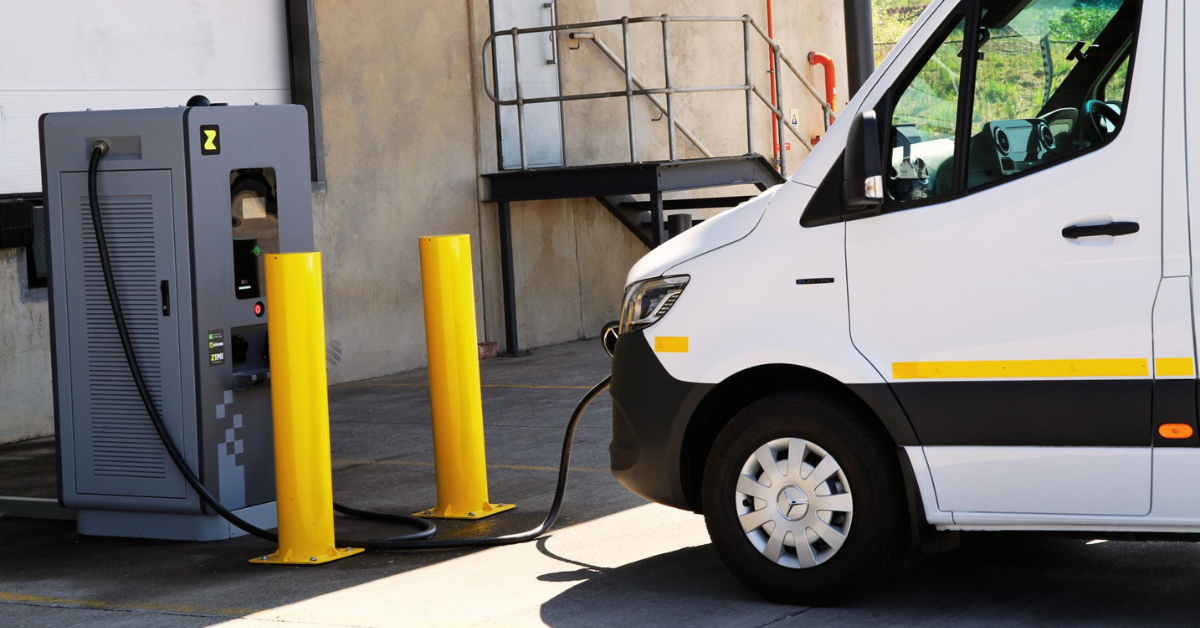
Imagine a South Africa where parked electric vehicles (EVs) double as power stations— feeding energy back into homes, businesses, and even the national grid. That future sure looks brighter.
Zimi, an EV charging startup, has secured $320,000 (R6 million) in grant funding from the Energy and Environment Partnership (EEP Africa Trust Fund) to make that future a reality.
The startup will investigate and develop real-world pilot applications to test its vehicle-to-grid (V2G) technology, a technology that allows electric vehicles to charge from the power grid and send electricity back when needed.
This groundbreaking innovation comes at a crucial moment for South Africa.
With escalating electricity prices and grid instability impacting daily life, V2G technology offers a compelling solution: turning fleets of electric vehicles into backup energy sources. Selected as one of just 32 projects funded out of 530 applications, Zimi aims to build a solution that works for customers without compromising grid stability.
Zimi's long-term business model is to partner with major logistics providers to support their transition to electric vehicles, helping them reduce both operational costs and carbon emissions. The V2G model will play a key role in enabling this shift.
With global automakers introducing bi-directional charging capabilities, like the recently launched Volvo EX90, Zimi’s vision is gaining momentum.
If Zimi's innovation is successful, this effort could prove that the future of energy is about smart, sustainable circulation.
Seamless Global Payments With Fincra.

Issue accounts in NGN, KES, EUR, USD & more with one integration. Send & receive funds seamlessly across borders; no more banking hassles or complex conversions. Create an account for free & go global today.
Internet
Starlink is now in Lesotho—but at what cost?
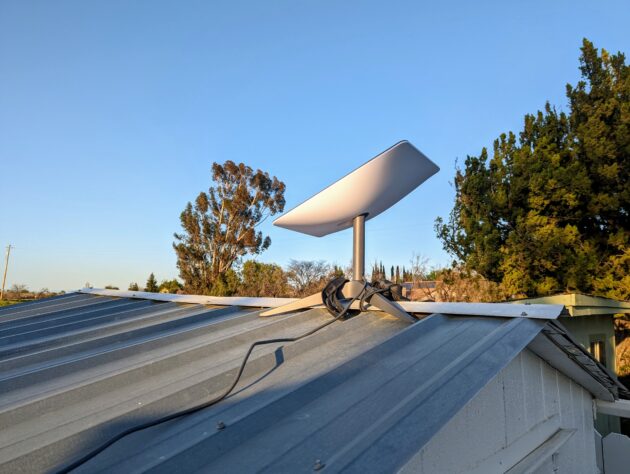
In more Southern African news, Mosothos are reacting differently to the country’s recent licence for Elon Musk’s Starlink.
Caught between a rock and a hard place, Lesotho granted Starlink a 10-year licence to operate in the country, letting go of its 30% local ownership criteria. This move was heavily influenced by US tariff pressure and a desire to improve the country’s ties with the US.
ICYMI: The US had earlier placed a 50% tariff on the country’s exports before it was paused for 90 days. That move threatened to cut over 12,000 factory jobs.
Although Starlink’s presence will improve internet penetration in the southern African country, civil watchdog groups are unsatisfied with the terms of the deal.
Section Two, for instance, isn’t buying the pro-growth narrative. The group called the move “a betrayal,” citing the lack of transparency in the deal. The group worries that the country’s digital future is now entirely in foreign hands.
While Section Two’s argument may be something for the government to consider, Starlink offers a better alternative to local internet providers.
These local telecom operators are slower, patchy, and cash-strapped. Vodacom Lesotho, which serves more than half of the country's population, is a big fish in a small pond. Vodacom, its parent company, prefers to invest resources in its bigger markets like South Africa and Egypt, which bring in more revenue—and with tougher competition—leaving its Lesotho business to plateau.
Econet Lesotho is the only other telecom competitor in the country, and it focuses on fixed-line services, having no play in the mobile broadband market. With no real threat, there's little incentive to innovate. Starlink could change that. Musk’s space routers offer immediate reach—and this could be a lifeline for schools, clinics, and businesses in Lesotho's remote areas.
For Lesotho, the deal’s done, the ink's dry, Starlink's coming, and it brings with it a much needed competition in the country's telecom space.
Here’s what happened at Paystack in 2024!
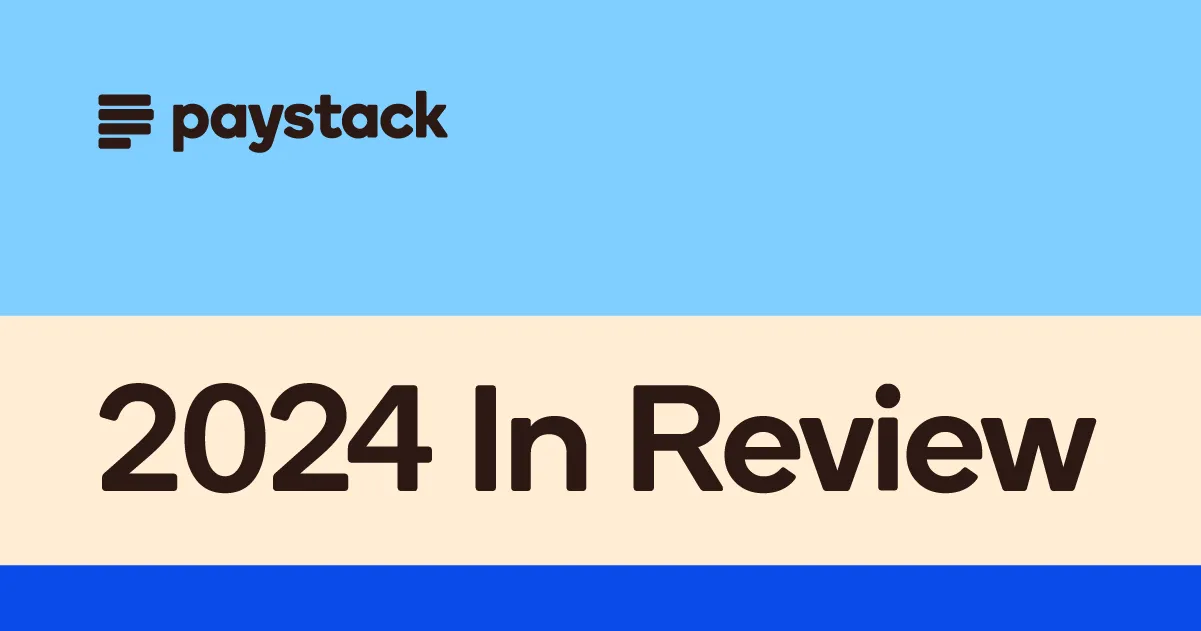
See what Paystack built last year! From major product upgrades to new ways we supported African businesses. Check out our Year in Review →
Economy
Egypt cuts rates for the first time since 2020

After holding fire for over four years, Egypt's Central Bank finally cut its key benchmark rates across deposit, lending, and operations on Thursday. The 225 basis points (bps) cut brings Egypt’s interest rates to 25%, 26%, and 25.5% respectively.
Before the decision, analysts expected the Central Bank of Egypt (CBE) to slash interest rates by as much as 300bps amid the global uncertainty in the ongoing US-China trade war.
While Egypt's inflation accelerated in March to 13.6%, it is still way below its 2023 inflation when the country was strapped for cash and faced a free-falling currency.
Still, March 2025’s mild uptick in inflation was what gave CBE the leeway to lower interest rates at such a crucial time.
The rate cut couldn’t have been more timely, as Egypt’s economy needs a jumpstart. The country’s economic growth fell in 2024, and the government wants to ease borrowing costs for businesses and push investment back into gear—especially with major infrastructure projects launching soon.
But the rate cut isn’t just an Egyptian story.
On April 10, Kenya cut its benchmark rate to 10%. On Thursday, the European Central Bank (ECB) also cut its deposit facility rate by 25bps to 2.25%. And in the US, President Donald Trump has appealed to the Fed to cut rates, arguing it is overdue.
It’s not just Egypt easing up. With Trump's tariffs in focus, central banks around the world are starting to move in the same direction. Slowing inflation and weak growth are also likely pushing policymakers to shift gears.
No one wants to ease too fast and rattle its currency, but no one wants to be left behind in a global softening cycle either. Egypt's rate decision isn't just about inflation. It’s about attracting investment capital and making sure its next development chapter—whether railways, exports, or fintech—has the breathing room to grow.
Here’s what happened at Paystack in 2024!

Send, receive, and convert fiat or stablecoins like USD, CAD, USDT, USDC, and more in Nigeria with Juicyway—seamlessly and at great rates! Get free multi-currency accounts, enjoy instant transfers, and trade securely in one app. Join now to get started!
Insights
Funding Tracker

This week, the South Africa-based payments infrastructure company Stitch announced a $55 million Series B funding round. QED Investors led the round, which also included new investors Flourish Ventures, Norrsken 22, and Glynn Capital. (April 16)
Here are the other deals for the week:
- Nigerian cleantech startup Arnergy has secured $15 million in Series B funding. CardinalStone Capital Advisers led the funding round with participation from Breakthrough Energy Ventures, British International Investment, Norfund, EDFI MC, and All On. (April 14)
- Moroccan regtech startup VOVE ID secured an undisclosed investment from The Baobab Network. (April 11)
- Egyptian quick commerce startup Rabbit has received undisclosed funding from blue-chip investors, including Lorax Capital Partners, Global Ventures, Raed Ventures, and Beltone Venture Capital, alongside existing investors such as Global Founders Capital, Goodwater Capital, Hub71, Simple Capital, and Foundation Ventures. (April 15)
Follow us on Twitter, Instagram, and LinkedIn for more funding announcements. Before you go, how did Nigerian banks triple their market cap to ₦10.5 trillion ($6.5 billion) in six years?Click this link to find out.
Get notified when the Moonshot Deal Book goes live
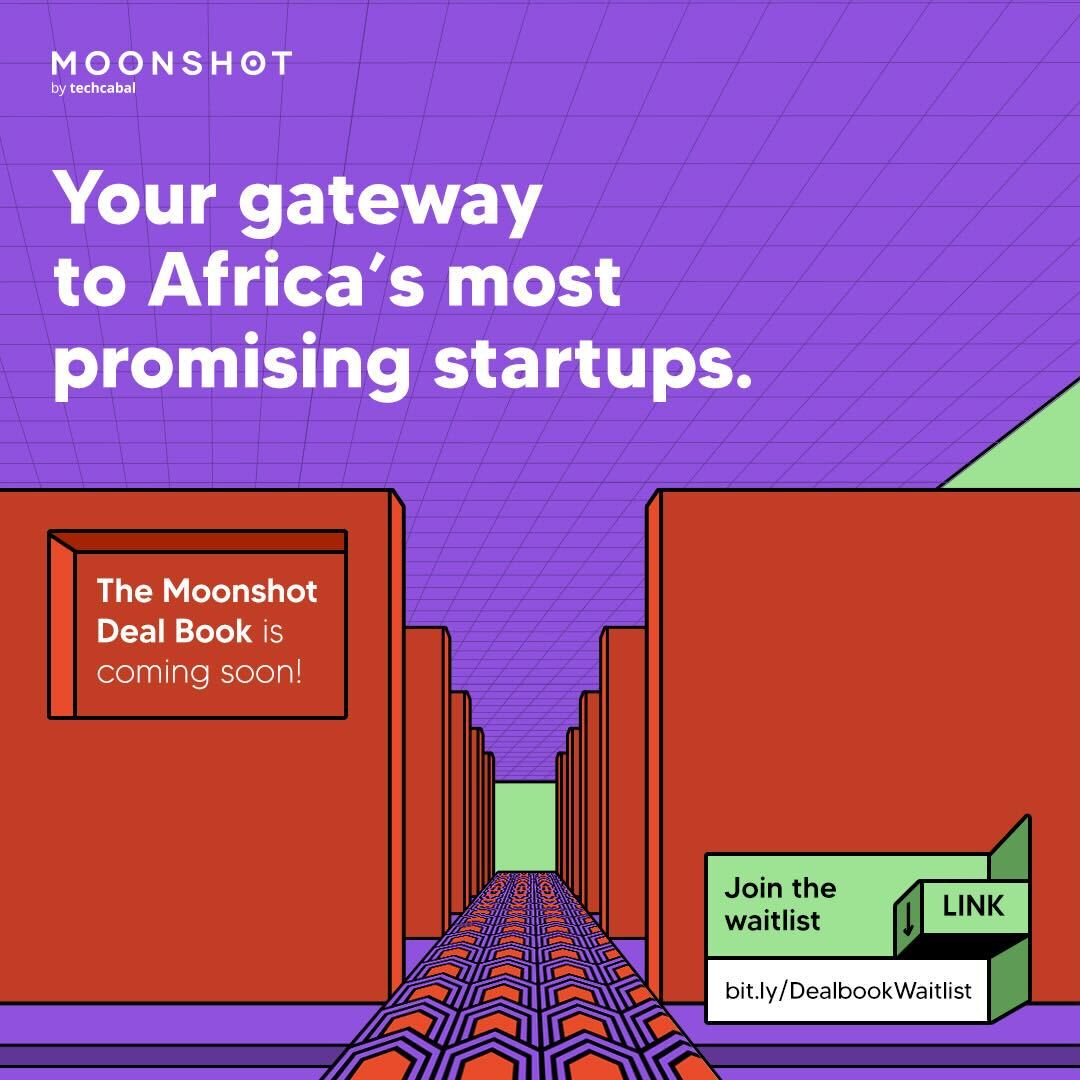
The Moonshot Book Dealbook is lauching very soon. Packed with a handpicked selection of the most promising startups, this exclusive resource is designed to connect top investors with high-potential opportunities. If you’re interested in being among the first to access the TC Dealbook, sign up on our waitlist today!
CRYPTO TRACKER
The World Wide Web3
Source:

Coin Name | Current Value | Day | Month |
|---|---|---|---|
| $84,560 | + 0.28% | + 1.84% | |
| $1,547 | - 1.35% | - 18.73% | |
| $0.004690 | + 3.63% | + 3.63% | |
| $133.58 | + 0.89% | + 6.39% |
* Data as of 06.40 AM WAT, April 18, 2025.
Opportunities
- Lagos Innovates (LSETF) is offering workspace vouchers to startups in Lagos to ease rising operational costs. Startups can access subsidised co-working spaces with reliable internet, power, and a supportive entrepreneurial community. The program is open to Lagos-based startups looking to reduce overheads and focus on growth. Apply now.
- Village Capital is offering early-stage startups in Africa the chance to join its Greentech Africa 2025 accelerator. The programme supports climate tech ventures building solutions in energy access, sustainable agriculture, circular economy, and related sectors. Selected startups will receive mentorship, investor connections, and capacity-building support. The programme is open to founders based in Africa with market-validated solutions tackling climate challenges. Apply here.
- AfricArena is inviting founders, investors, and ecosystem builders to its high-energy Lagos Summit on April 30, 2025. Themed around fintech, mobility, and logistics, the summit will feature pitch sessions, networking, and curated discussions with top VCs and startups from across the continent. If you're looking to connect with Africa’s leading tech stakeholders and explore investment and growth opportunities, this is one event you shouldn’t miss. Register here.
- Google is inviting early-stage African startups to apply for its 'Google for Startups Accelerator: AI First' programme. This 10-week, equity-free accelerator supports startups leveraging artificial intelligence to address local challenges. Participants will receive up to $350,000 in Google Cloud credits, mentorship from AI experts, and access to technical resources and networking opportunities. The programme is open to startups up to Series A stage, based in Africa or building Africa-centric AI solutions. Apply here.
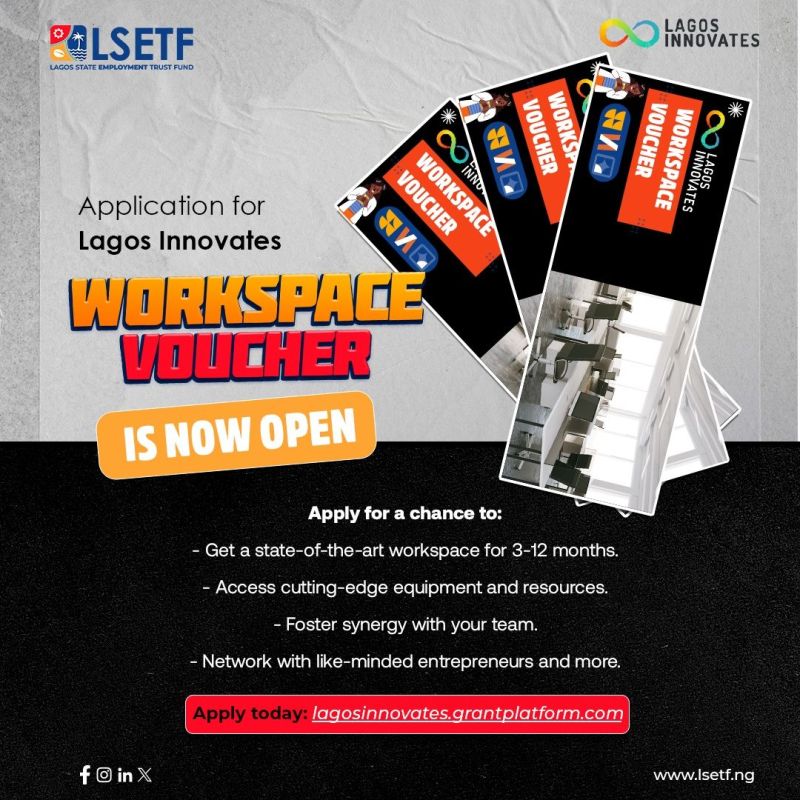


Written by: Sakhile Dube, Emmanuel Nwosu, and Stephen Agwaibor
Edited by: Faith Omoniyi
Want more of TechCabal?
Sign up for our insightful newsletters on the business and economy of tech in Africa.
- The Next Wave: futuristic analysis of the business of tech in Africa.
- TC Scoops: breaking news from TechCabal
P:S If you’re often missing TC Daily in your inbox, check your Promotions folder and move any edition of TC Daily from “Promotions” to your “Main” or “Primary” folder and TC Daily will always come to you.

How did you find today's edition of #TCDaily? |


